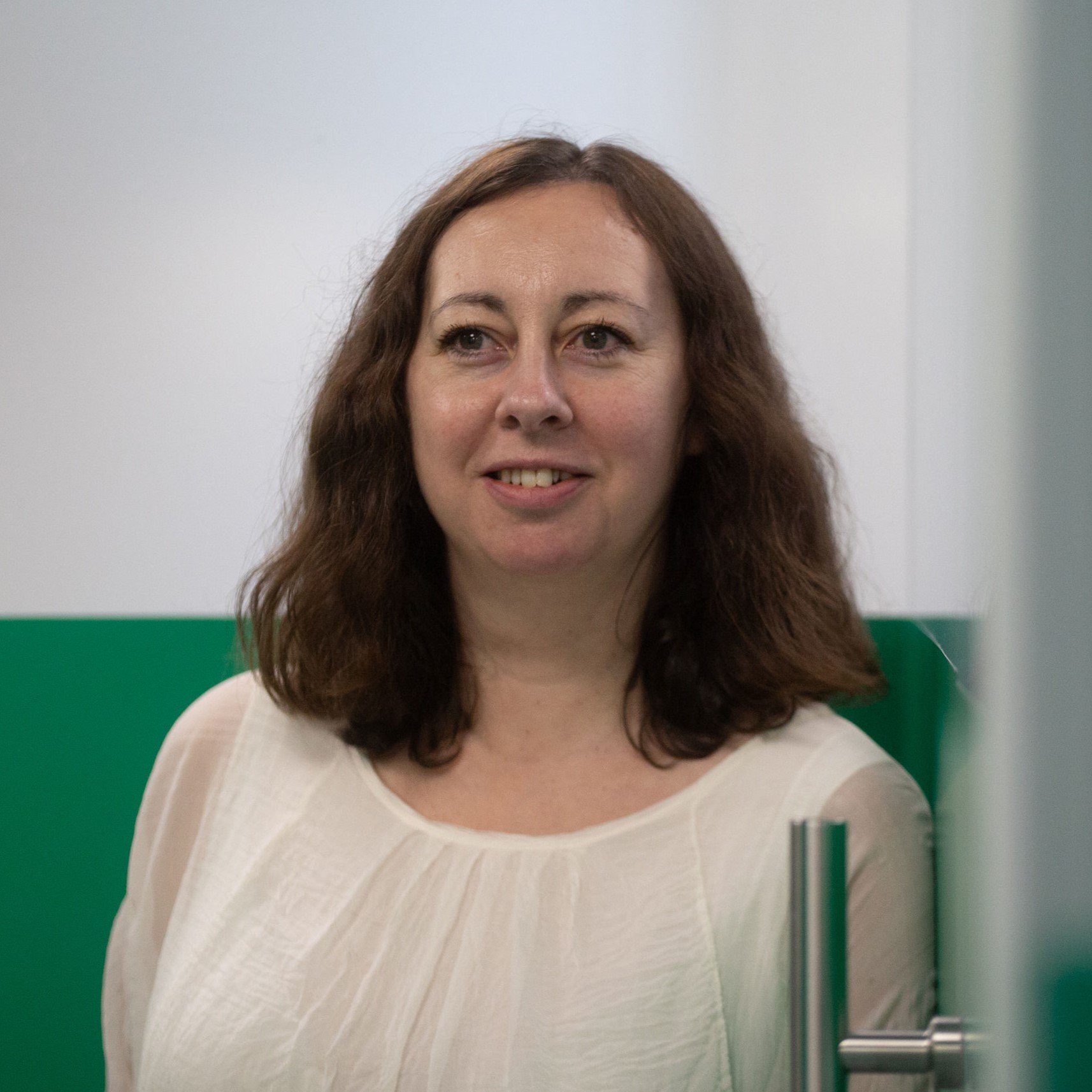Intellectual Property
Most, if not all businesses rely on some form of invention(s), artistic works, designs, symbols, names and images when carrying on their business. Collectively, these assets are known as intellectual property (IP).
As a fundamental part of a business’s operations, it is important to protect IP. Protecting IP not only allows you to commercialise your IP through licencing or royalty agreements but also provides a standing to protect your assets if a competitor tries to use them without your permission.
Our team of knowledgeable and proactive IP lawyers are experts in UK IP law and can offer advice and clear IP strategy to support you in managing your IP. We regularly advise on the following:
- Trade marks, copyright, design rights and patents
- Assignment or licensing of IP
- Joint ventures involving IP
- Strategic reorganisation to protect IP
- Royalty Agreements
Our team of intellectual property lawyers have the experience and knowledge to help you protect, use, license and enforce your organisation's intellectual property rights. We can also advise you if your business is threatened with an intellectual property dispute.
Copyright
Copyright seeks to protect the form of expression of ideas and not the ideas themselves as such (ideas may be protected by confidentiality or be a Patent).
The primary purpose of copyright law is to reward authors for the creation of original works, that is, works where the author has expended independent effort to create the work.
Copyright and other IP rights clearances may be required for inclusion of material in TV programmes, films, websites or other media, including advertising.
Design Right
Design right protects the appearance of a purely functional product.
Examples of items protected by design right are functional articles with no aesthetic appeal such as agricultural tools.
Different parts of the same article may or may not be protected: in the case of a hot water bottle, for example, design right might extend to particular features of the bottle such as its shape, the shape of the nozzle or a combination of these features, but it would not apply to any printed pattern on the surface of the bottle, which was there only as decoration.
Passing Off
The “classic form” of passing off involves a three-part test. This “classical trinity” test was described by Lord Oliver in the Jif Lemon case (Reckitt & Colman Products Ltd v Borden Inc [1990] UKHL 12):
- (i) A goodwill or reputation attached to the goods or services; (ii) A misrepresentation by the defendant to the public (whether or not intentional) leading or likely to lead the public to believe that the goods or services offered by him are the goods or services of the claimant; and (iii)Damage to the claimant, by reason of the erroneous belief engendered by the defendant’s misrepresentation that the source of the defendant’s goods or services is the same as the source of those offered by the claimant.
Patents
A patent enables its owner to exploit the patented technology exclusively, either on its own account or by licensing the technology to third parties.
Patents can be extremely valuable assets, especially in certain sectors, such as pharmaceuticals, biotechnology, industrial chemicals and electronics, and particularly if the patentee is prepared to invest the time and money necessary to protect them.
Trade marks
A trade mark is a sign, word or logo capable of distinguishing the goods or services of one business from those of another business. Trade marks can be registered or unregistered. An unregistered trade mark can be identified by the use of the symbol ™ and a registered trade mark can be identified by the use of the symbol ®.
Trade marks are a valuable commercial asset and commercially exploitable. Trade marks can be relatively easy to protect and enforce, with protection offering a deterrent to infringers. Trade marks registered in the UK with the Intellectual Property Office can be renewed indefinitely.
Business Law Articles
To read our latest Intellectual Property advice articles and business law updates please click here.
If you have any questions, or if you wish to make an enquiry online please click the 'contact us' button, or alternatively you can call us on 0114 266 6660.





